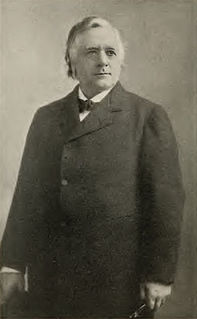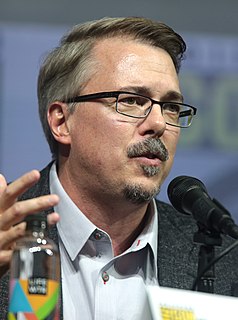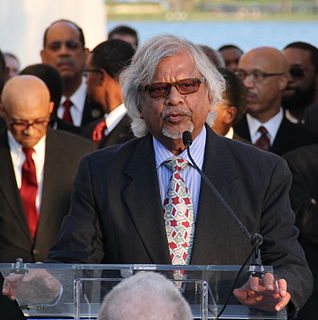A Quote by Bertrand Russell
If life is to be fully human it must serve some end which seems, in some sense, outside human life, some end which is impersonal and above mankind, such as God or truth or beauty. Those who best promote life do not have life for their purpose. They aim rather at what seems like a gradual incarnation, a bringing into our human existence of something eternal, something that appears to imagination to live in a heaven remote from strife and failure and the devouring jaws of Time.
Quote Topics
Above
Aim
Appears
Beauty
Best
Bringing
Devouring
End
Eternal
Existence
Failure
Fully
God
Gradual
Heaven
Human
Human Existence
Human Life
Imagination
Impersonal
Incarnation
Life
Life Is
Like
Live
Mankind
Must
Our
Outside
Promote
Purpose
Rather
Remote
Seems
Sense
Serve
Some
Something
Strife
Those
Time
Truth
Which
Related Quotes
The test of the life of a saint is not success, but faithfulness in human life as it actually is. We will set up success in Christian work as the aim; the aim is to manifest the glory of God in human life, to live the life hid with Christ in God in human conditions. Our human relationships are the actual conditions in which the ideal life of God is to be exhibited.
In the end, people don't view their life as merely the average of all its moments-which, after all, is mostly nothing much plus some sleep. For human beings, life is meaningful because it is a story. A story has a sense of a whole, and its arc is determined by the significant moments, the ones where something happens. Measurements of people's minute-by-minute levels of pleasure and pain miss this fundamental aspect of human existence. A seemingly happy life maybe empty. A seemingly difficult life may be devoted to a great cause. We have purposes larger than ourselves.
It seems to me that the idea of a personal God is an anthropological concept which I cannot take seriously. I feel also not able to imagine some will or goal outside the human sphere. My views are near those of Spinoza: admiration for the beauty of and belief in the logical simplicity of the order which we can grasp humbly and only imperfectly. I believe that we have to content ourselves with our imperfect knowledge and understanding and treat values and moral obligations as a purely human problem-the most important of all human problems.
Now if there is any gift of the gods to men, it is reasonable that happiness should be god-given, and most surely god-given of all human things inasmuch as it is the best. But this question would perhaps be more appropriate to another inquiry; happiness seems, however, even if it is not god-sent but comes as a result of virtue and some process of learning and training, to be among the most god-like things; for that which is the prize and end of virtue seems to be the best thing in the world, and something god-like and blessed.
It is one of the great ironies of human history that some mortals with incorrect understanding of God and life's purposes sometimes scold God because of the abundance of human misery and suffering-which, indeed, lies all about us. Such individuals almost dare God to demonstrate His existence by straightening things out-and at once! But He is a much different kind of Father than that. Surely it is requisite to eternal life that we come to know God and Jesus Christ whom He has sent (see John 17:3).
Time will prolong time, and life will serve life. In this field that is both limited and bulging with possibilities, everything to himself, except his lucidity, seems unforeseeable to him. What rule, then, could emanate from that unreasonable order? The only truth that might seem instructive to him is not formal: it comes to life and unfolds in men. The absurd mind cannot so much expect ethical rules at the end of its reasoning as, rather, illustrations and the breath of human lives.
Not only is there no guarantee of the temporal immortality of the human soul, that is to say of its eternal survival after death; but, in any case, this assumption completely fails to accomplish the purpose for which it has always been intended. Or is some riddle solved by my surviving forever? Is not this eternal life itself as much of a riddle as our present life?
If religion is a reaction of man, and nothing more, it seems to me that it represents a human desire for wrongdoers to be punished. I hate the idea of Idi Amin living in Saudi Arabia for the last 25 years of his life. That galls me to no end. I feel some sort of need for biblical atonement, or justice, or something. I like to believe there is some comeuppance, that karma kicks in at some point, even if it takes years or decades to happen. My girlfriend says this great thing that’s become my philosophy as well. 'I want to believe there's a heaven. But I can't not believe there's a hell.'
The first lesson, simple as it is, is that whatever court we're in, whatever we are doing, at the end of our task some human being is going to be affected. Some human life is going to be changed by what we do. And so we had better use every power of our minds and our hearts and our beings to get those rulings right.
Satyagraha is the pursuit of truth. My grandfather believed that truth should be the cornerstone of everybody's life and that we must dedicate our lives to pursuing truth, to finding out the truth in our lives. And so his entire philosophy was the philosophy of life. It was not just a philosophy for conflict resolution, but something that we have to imbibe in our life and live it all the time so that we can improve and become better human beings.

































